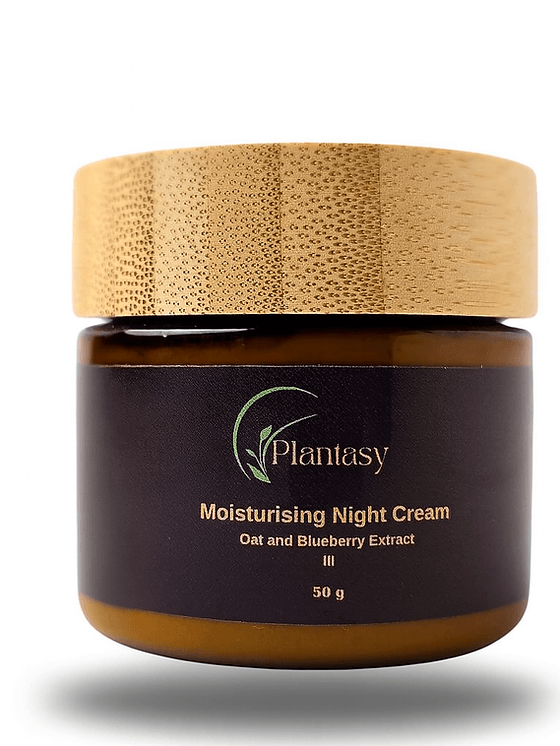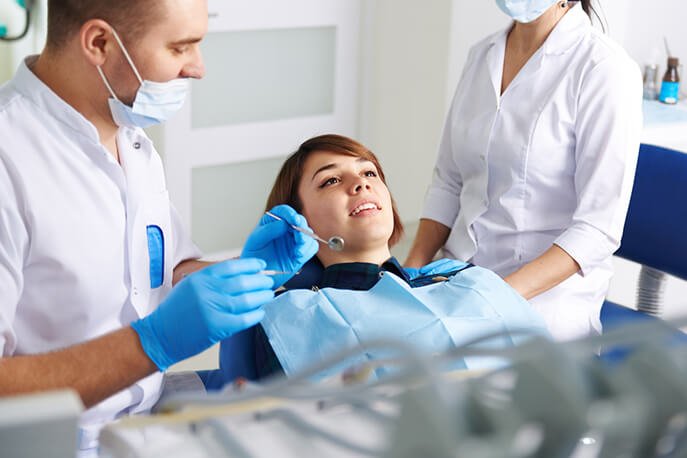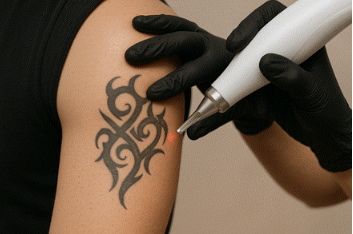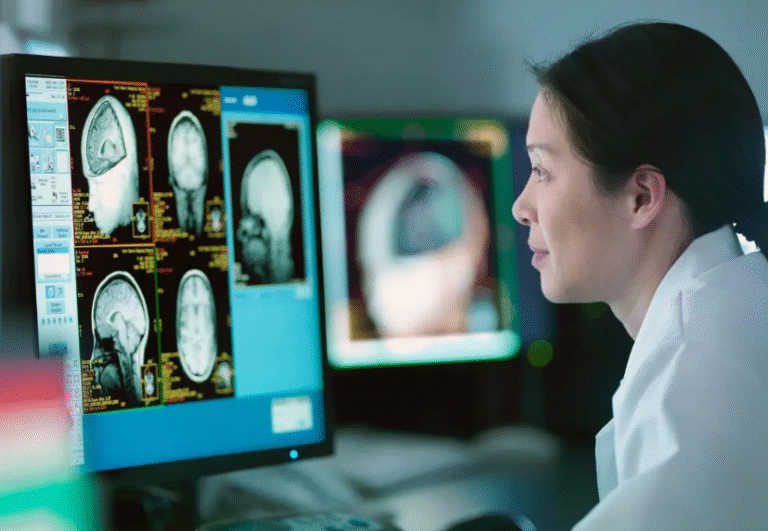Lie Detector Test in Virginia: Everything You Should Know
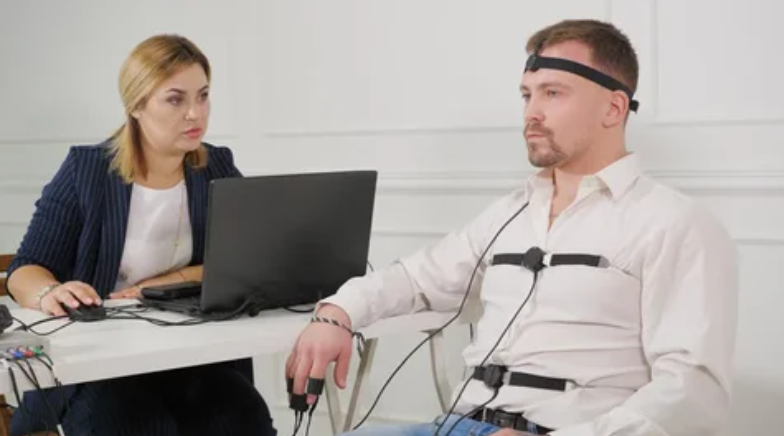
Introduction
Lie detector tests, more formally called polygraph tests, have long captured both public fascination and debate. In Virginia, they are used in criminal investigations, legal disputes, employment settings, and even personal matters. While the concept of uncovering truth through technology seems appealing, polygraph tests are far from straightforward. They are regulated by law, surrounded by questions of accuracy, and sometimes misunderstood by the general public. This guide breaks down everything you should know about the lie detector test in Virginia—from how it works to where it is legal, how reliable it really is, and what role it plays in the state today.
What Is a Polygraph Test?
At its core, a polygraph test is designed to measure physiological responses to questioning. The machine records breathing patterns, blood pressure, pulse rate, and skin conductivity. The theory is that deceptive answers trigger involuntary stress responses that differ from those given when telling the truth. A trained examiner interprets the data and offers an opinion about whether the subject was truthful or deceptive. In Virginia, as elsewhere, a polygraph is not a magic truth machine—it is a tool that can provide insight but is not infallible.
The Process of a Lie Detector Test
Polygraph tests in Virginia follow a structured process. First, the examiner conducts a pre-test interview, during which the subject learns about the procedure and the questions are explained. This stage is vital because it establishes a baseline of physiological responses and ensures that the subject fully understands the wording. Next comes the actual test: sensors are attached to the body, and the subject is asked a mix of neutral, control, and relevant questions. The examiner then reviews the physiological data and interprets whether the subject was likely being truthful. Afterward, results are summarized in a report that is shared with the requesting party.
Who Uses Polygraph Tests in Virginia?
Lie detector tests in Virginia are requested by a wide range of clients. Law enforcement agencies sometimes use them during criminal investigations to support interviews or identify inconsistencies in witness or suspect statements. Attorneys may recommend polygraph tests as part of a defense strategy, particularly when they want to demonstrate a client’s willingness to be tested. Employers in sensitive industries occasionally use them in very specific circumstances permitted by law. Additionally, private individuals often turn to polygraph services for personal matters, such as resolving disputes within relationships or families.
Legal Status of Polygraph Tests in Virginia
The legal standing of polygraph tests in Virginia is shaped by both state practices and federal law. In most criminal cases, polygraph results are not admissible in court because judges consider them unreliable as definitive evidence. However, if both the defense and prosecution agree, and the judge consents, the results may sometimes be included. In employment settings, the Employee Polygraph Protection Act (EPPA) limits most employers from requiring or requesting lie detector tests. Exceptions apply to industries involving security, government work, or controlled substances, but protections for workers are strict. For private uses, polygraph testing is fully legal as long as it is conducted voluntarily by certified examiners.
See also: How Smart Devices Are Helping Improve Mental Health
Use in Criminal Investigations
In Virginia, polygraph tests play a supporting role in criminal investigations. Detectives may invite suspects to take a test, either to help confirm their stories or to identify potential deception. While the results themselves usually cannot be submitted as courtroom evidence, they can guide investigators in deciding what to pursue next. In some cases, a person’s willingness—or refusal—to take a polygraph may influence how investigators perceive them, though legally, refusal cannot be held against an individual.
Polygraph Tests in Employment Contexts
The use of lie detector tests by employers in Virginia is tightly regulated. The majority of private employers cannot use polygraphs as part of hiring, discipline, or promotion decisions. However, certain exceptions exist for roles involving law enforcement, security services, and jobs that deal with sensitive information or controlled substances. Even in these cases, strict procedures must be followed: employees must be informed in writing, consent must be obtained, and test results must be kept confidential. Employers who misuse polygraph tests risk legal penalties.
Personal Uses of Polygraphs
Outside of law enforcement and employment, many Virginians use polygraph services for personal reasons. These often involve trust issues in relationships, family conflicts, or situations where one party seeks reassurance about honesty. While these tests have no legal authority, they can carry emotional weight for those involved. Some individuals find closure and peace of mind through the process, while others may treat the results cautiously, knowing that polygraphs are not 100% accurate.
Accuracy and Reliability Questions
Perhaps the most debated aspect of polygraph tests in Virginia—and beyond—is their accuracy. Advocates argue that when conducted by skilled examiners under controlled conditions, polygraphs can detect deception with a high degree of reliability. Critics counter that nervousness, anxiety, or even medical conditions can mimic the signals of lying, producing false positives. Similarly, practiced liars may sometimes control their responses enough to “beat” the test. Because of these challenges, Virginia courts generally avoid using polygraph results as definitive evidence, preferring more concrete proof.
Ethical and Privacy Concerns
The ethics of lie detector tests in Virginia are another important consideration. Should individuals feel pressured into taking a test, especially when the results are not entirely reliable? Are personal relationships best served by introducing a polygraph into disputes? Professional examiners emphasize informed consent, transparency, and the limits of accuracy as key to ethical practice. Without these safeguards, polygraphs could harm rather than help, especially when used in sensitive personal or professional situations.
Choosing a Polygraph Examiner in Virginia
For anyone considering a lie detector test in Virginia, choosing the right examiner is crucial. A reliable professional should hold certification, have documented training, and maintain a reputation for fairness and accuracy. Good examiners explain the process thoroughly, avoid making exaggerated claims about accuracy, and treat clients with respect. Because the interpretation of results depends heavily on examiner skill, selecting a qualified provider ensures the process is as credible as possible.
Public Perception of Polygraphs in Virginia
Public opinion about polygraph tests in Virginia is as divided as it is nationwide. Some people believe polygraphs are nearly foolproof, thanks in part to portrayals in television and movies. Others view them as pseudoscience with limited practical value. This mixed perception influences how people approach polygraphs in real life—some trust them as essential tools for truth-seeking, while others regard them skeptically. The reality lies somewhere between: polygraphs can provide valuable insights, but they should not be mistaken for absolute proof.
The Future of Lie Detection in Virginia
As technology advances, new approaches to lie detection may emerge that are more reliable than traditional polygraphs. Brain imaging, artificial intelligence, and biometric analysis are all being researched as potential alternatives. In Virginia, such innovations may eventually shape how courts, employers, and individuals view the role of polygraphs. For now, however, the traditional lie detector test continues to be widely available, widely debated, and cautiously used across the state.
Location in Virginia
- Virginia Beach – 780 Lynnhaven Pkwy #400, Virginia Beach, VA 23452
- Norfolk – Dominion Tower, 999 Waterside Dr, & 2600, Norfolk, VA 23510
- Chesapeake – 1545 Crossways Blvd, Chesapeake, VA 23320
Conclusion
Polygraph tests in Virginia occupy a complex space—useful as tools for investigation and reassurance, but limited in accuracy and legal standing. They are legal when conducted voluntarily, heavily restricted in employment, and generally inadmissible in court. Yet despite their imperfections, many people continue to rely on them, whether for peace of mind, investigative support, or professional reasons. Understanding both the strengths and weaknesses of a lie detector test in Virginia is the key to using it wisely. While not definitive proof of truth, polygraphs remain part of the broader landscape of honesty and trust in the state.
